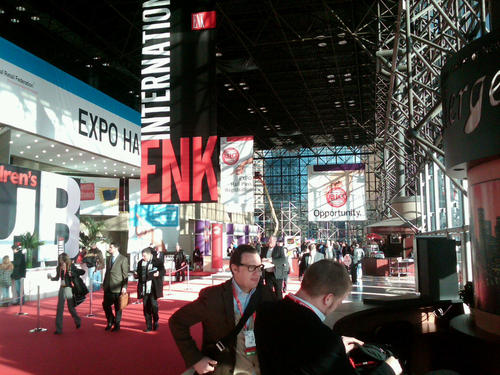FRONT PAGE: "Regime Wages a Quiet War on 'Star Students' of Iran," by Farnaz Fassihi, Wall Street Journal, 31 December 2009.
There have been numerous signs for years: the brain drain, considered to be the worst in the world (according to the World Bank); the odd influx of Iranian prostitutes in nearby Europe (when you sell your women--automatic bad sign); the capital and entrepreneurial flight (often just across the Gulf); and the most stunning of all being the precipitous drop in birth rate.
In short, people have been voting with their feet and wallets and . . . for quite some time. They're so unhappy that they're just withdrawing from life there.
And now we get this truly sick sign: the targeting of star students, with "stars" earned for any activity that suggests an independent mind. Naturally, these are the same young people who'd normally win--and do win--the typical stars as top students. So what the new military dictatorship is telling the youth amounts to this: if you have a brain and any ambition, forget about a career here. Frankly, forget about any semblance of a normal life too.
So, no surprise: top students are routinely pulled to the side of the career road and placed in permanent suspension.
The star treatment details:
• one star = watch list (student may enter school after signing doc pledging to abstain from any political or social activism
• suspension and often interrogation by Intell Ministry; letter often has to be filed with Ministry swearing off all activism of any sort
• lifetime ban on higher education if you might have worked for opposition candidacies or participated in demonstrations.
Imagine the regime that bans a best & brightest from education for life.
Then remember that 60% of Iran's 75 million citizens are under age 30--meaning born after the great revolution.
This is the classic long-in-the-tooth problem of revolutions: getting the subsequent generations to shut their mouths, much less care about ideals that have long since passed into oblivion.
 Monday, January 11, 2010 at 11:34PM
Monday, January 11, 2010 at 11:34PM 











